I've found unexpected results about memory management running the following (sample) code:
#include <stdint.h>
#include <iostream>
#include <vector>
#define BIGNUM 100000000
// sample struct
struct Coordinate {
uint64_t x;
uint64_t y;
uint64_t z;
Coordinate() {
x = 1ULL;
y = 2ULL;
z = 3ULL;
}
};
int main() {
std::vector<Coordinate*>* coordinates = new std::vector<Coordinate*>();
for (int i = 0; i < BIGNUM; ++i)
coordinates->push_back(new Coordinate());
// block 1
for(std::vector<Coordinate*>::iterator it = coordinates->begin(); it != coordinates->end(); ++it)
delete(*it);
// block 2
delete(coordinates);
std::cout << "end\n";
std::cin.get();
return 0;
}
On my Ubuntu 14.04:
The command ps aux --sort -rss was performed on std::cin.get(); 4 times, with small differences:
1) program as is
2) with block 1 commented (basically no delete on every vector's element)
3) with block 2 commented (so no delete on vector)
4) both both blocks 1 and 2 commented.
With my (big) surprise test 1) and 2) have almost the same RSS / VSZ results. In simple words it seems that delete(*it); doesn't work properly (doesn't free memory). Same conclusion can be achieved with 3) and 4).
On Windows XP (running in VirtualBox) everything is fine and memory is 0-2 MB running the program as is.
